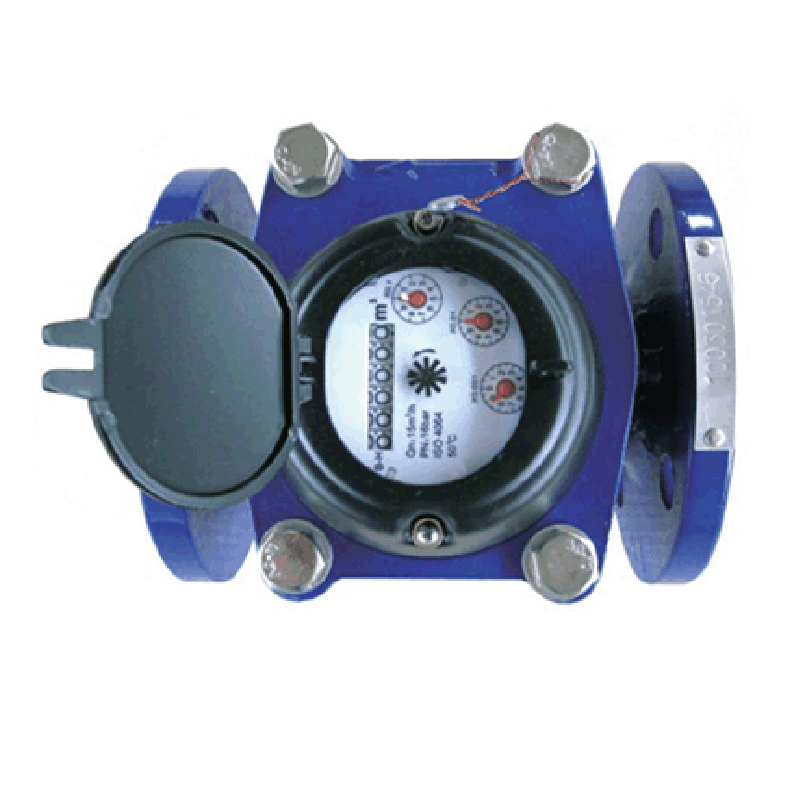9 月 . 28, 2024 14:52 Back to list
Optimizing Gate Valve Performance in Oil and Gas Applications for Enhanced Efficiency
Understanding Gate Valve Operating Systems
Gate valves are a type of linear motion valve that is used to start or stop the flow of fluid in a pipeline. They are a critical component in various industrial applications, including oil and gas, water supply systems, chemical plants, and more. This article delves into the functioning of gate valves, the operating systems, and their advantages and limitations.
What is a Gate Valve?
A gate valve features a wedge-shaped gate that lifts to allow fluid to flow and lowers to obstruct the flow. The design is simple yet effective, ensuring minimal pressure drop when fully open. This makes gate valves an ideal choice for applications where the fully opened or closed position is required, as they are not suitable for throttling purposes.
Operating Mechanisms of Gate Valves
Gate valves can be operated in several ways. The most common operating systems include
1. Manual Operation Manual gate valves are operated by hand, usually with a hand wheel, lever, or gearbox. Turning the hand wheel raises or lowers the gate, enabling or disabling fluid flow. The manual operation offers simplicity and reliability, making it suitable for applications where fluid flow needs to be controlled directly by an operator.
2. Electric Actuation Electric gate valves are equipped with electric actuators that open or close the valve with the push of a button. This system enhances convenience and allows for remote operation. Electric actuators are particularly beneficial in applications where access to the valve is limited or dangerous, such as in high-pressure environments.
3. Pneumatic Actuation Pneumatic actuators use compressed air to operate the gate valve. Similar to electric actuators, they offer remote control capabilities. Pneumatic operations are often preferred in processes requiring quick and repeated opening and closing cycles. They are prevalent in automation-heavy industries.
4. Hydraulic Actuation Hydraulic systems utilize fluid under pressure to move the gate valve. These systems are adept at handling large valves and are commonly found in heavy industrial applications such as power plants. The hydraulic action provides significant force, making it easier to operate larger valves, which might be impractical with manual operation.
Advantages of Gate Valves
gate valve os&y

- Reduced Pressure Loss When fully opened, gate valves offer minimal resistance to fluid flow, resulting in lower pressure losses compared to other valve types.
- Full Flow Their design allows for a straight-through flow path, making them optimal for applications where uninterrupted flow is essential.
- Durability Gate valves are generally robust and can withstand high pressures and temperatures, ensuring longevity in demanding environments.
- Versatile Applications They are suitable for a variety of applications, from water supply systems to chemical processing plants.
Limitations of Gate Valves
- Not Suitable for Throttling Gate valves should not be used for throttling as this can cause vibration and damage to the valve seat over time.
- Slow Operation The movement of the gate can be slower compared to other valve types like ball valves, which may not be ideal for applications needing quick operation.
- Maintenance Requirements Regular maintenance is necessary to ensure proper function, especially in environments where the valve is exposed to corrosive substances.
- Space Requirements The construction of gate valves requires ample space, which might not be available in compact installations.
Conclusion
In summary, gate valves are essential components in various fluid control systems, providing reliable and efficient service in the full open or closed position. Depending on the operational needs of a system, various actuation methods—manual, electric, pneumatic, or hydraulic—can be employed to control gate valves. Understanding the advantages and limitations of gate valves is crucial for selecting the right valve for specific applications. With their robust design and versatility, gate valves continue to be a preferred choice for many industrial applications but require careful consideration of their operational context to maximize their effectiveness.
Share
-
Understanding the Differences Between Wafer Type Butterfly Valve and Lugged Butterfly ValveNewsOct.25,2024
-
The Efficiency of Wafer Type Butterfly Valve and Lugged Butterfly ValveNewsOct.25,2024
-
The Ultimate Guide to Industrial Swing Check Valve: Performance, Installation, and MaintenanceNewsOct.25,2024
-
Superior Performance with Industrial Swing Check Valve: The Essential Valve for Any SystemNewsOct.25,2024
-
Industrial Swing Check Valve: The Ideal Solution for Flow ControlNewsOct.25,2024
-
You Need to Know About Industrial Swing Check Valve: Functionality, Scope, and PerformanceNewsOct.25,2024